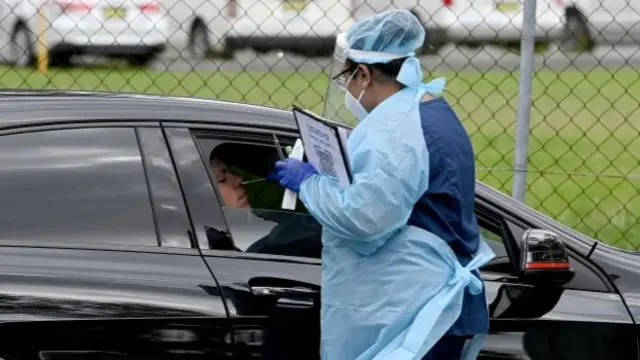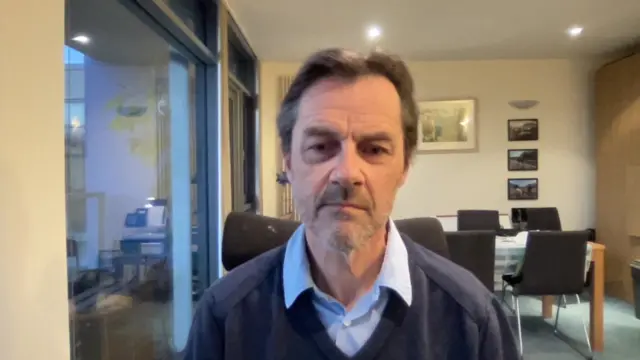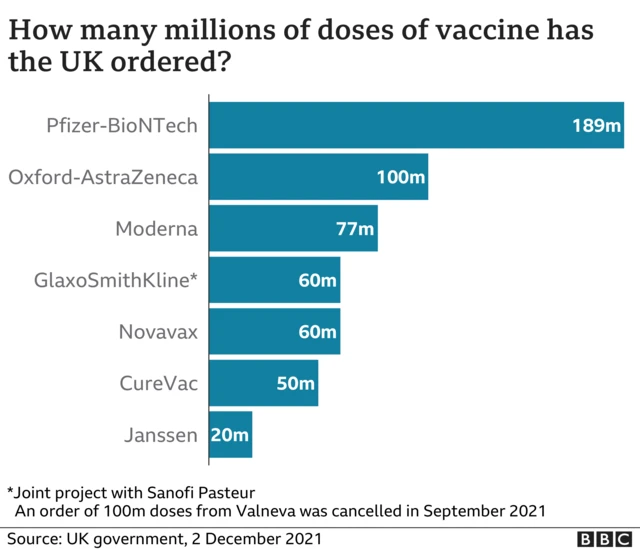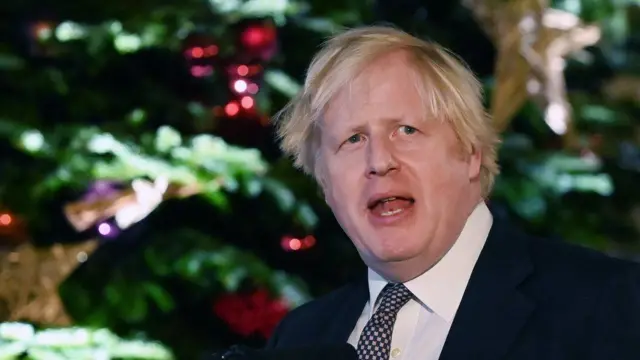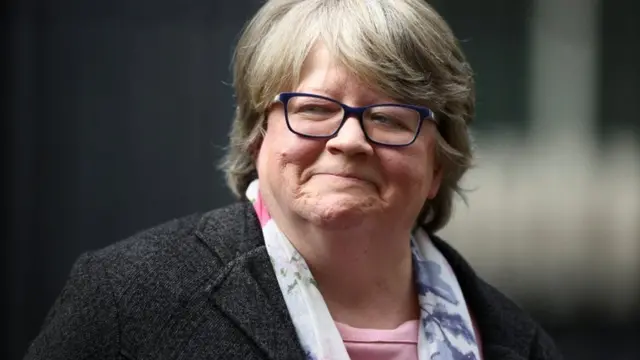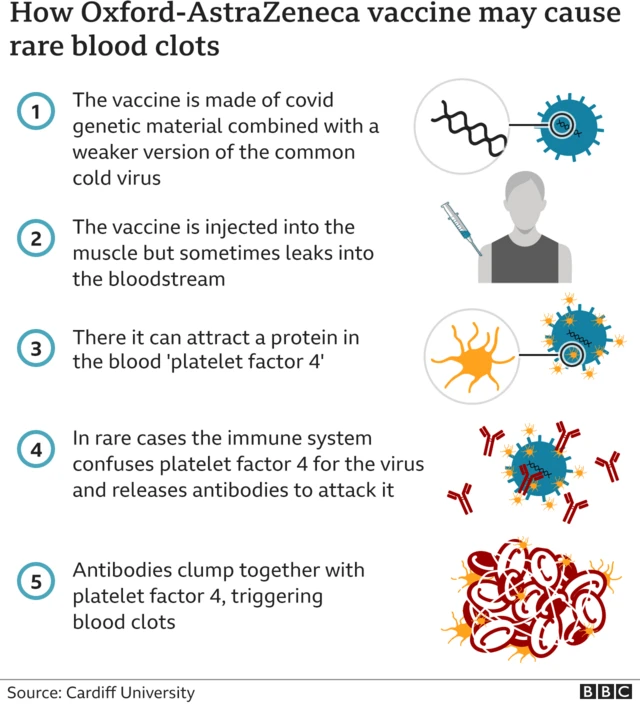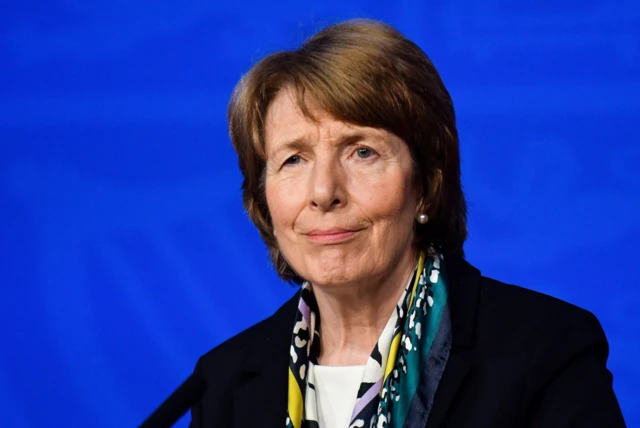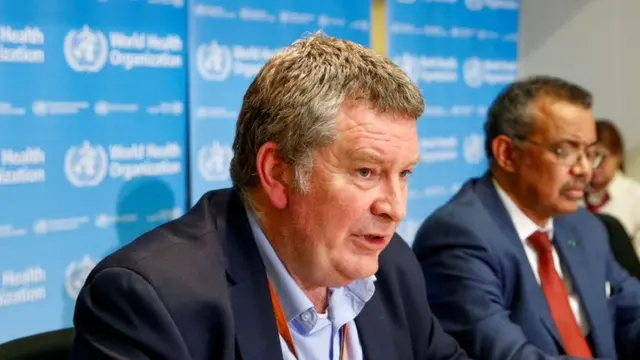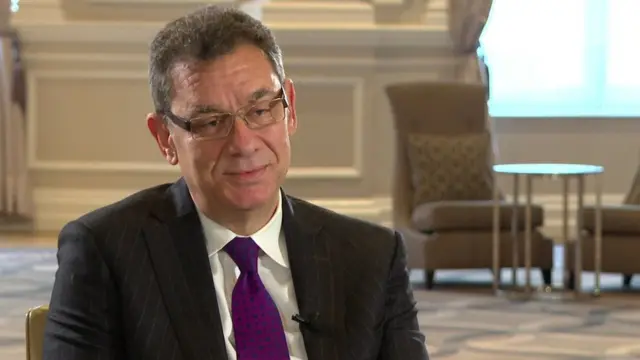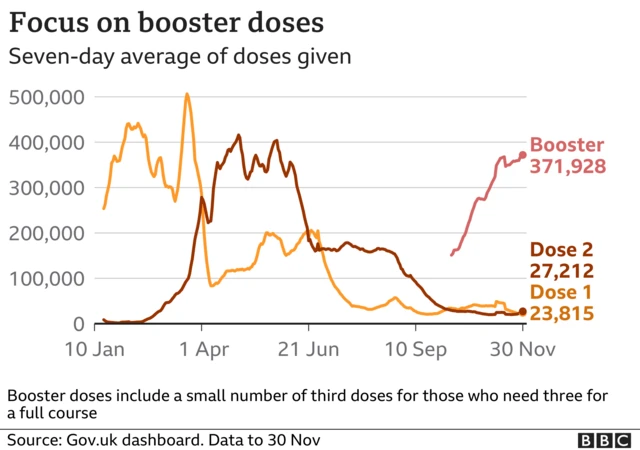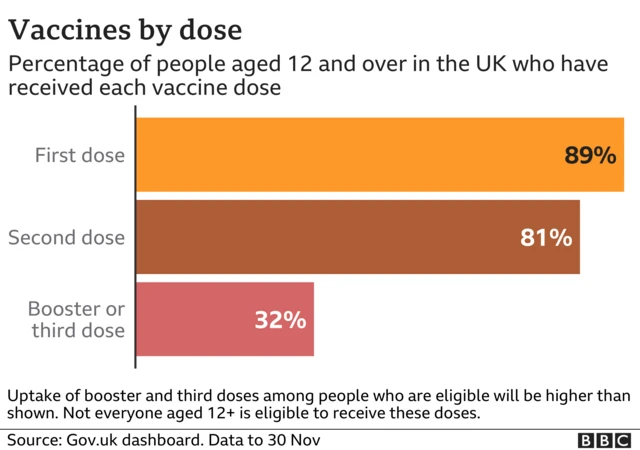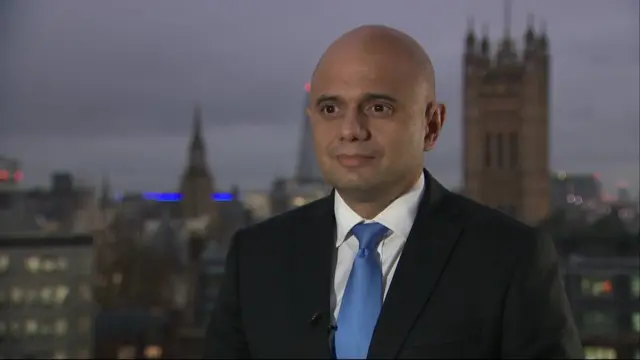South Africa Covid infections double since Mondaypublished at 10:20 GMT 2 December 2021
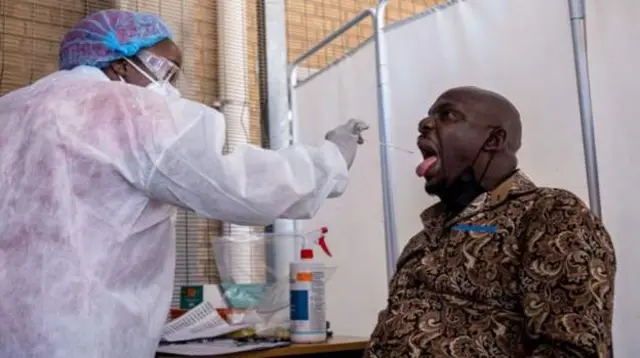 Image source, AFP
Image source, AFPWe'll take a step away from UK news for the moment to take a look at the situation in South Africa, where the variant Omicron was first identified.
The country has recorded a sharp increase in Covid infections which have doubled since Monday.
Health officials say the newly discovered Omicron variant may be fuelling the surge, but it isn't clear how many of the new cases it accounts for.
Some 8,500 infections have been registered in the last 24 hours.
The United States has identified its first Omicron case in someone who had returned to the country from South Africa.
Many questions about the new variant remain to be answered, including whether it is more transmissible and how much protection current vaccines provide.
